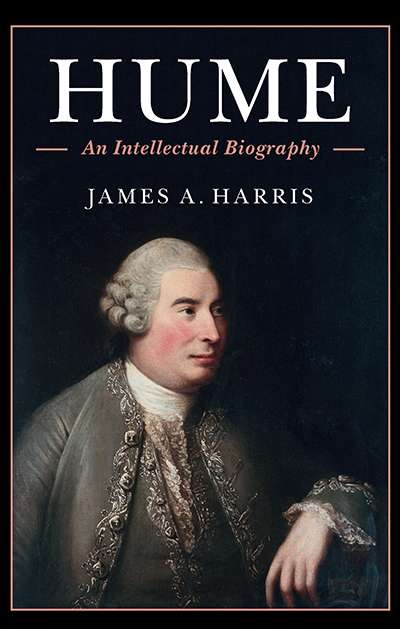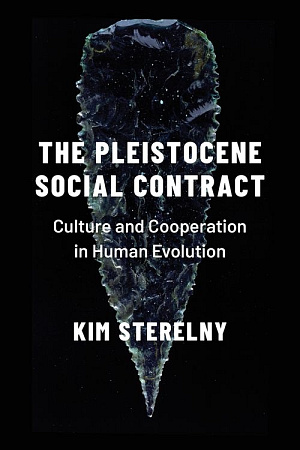Hume: An intellectual biography
Cambridge University Press $79.95 pb, 633 pp, 9780521837255
Hume: An intellectual biography by James A. Harris
David Hume earned his place in the philosophical pantheon mostly because of the uncompromising empiricism of his early work A Treatise of Human Nature (1738). He looked into his mind and found no such thing as the will or an agent that directs it. He found nothing in the world to explain causal connection and concluded that predicting the future depends on an inclination of mind. Sympathy and utility, he argued, are the ground of morality, and reason is the slave of passion. Generations of philosophers have contended with Humean scepticism about knowledge and agency.
In this intellectual biography, James A. Harris aims to present a different Hume from the one known by philosophers. He pays equal attention to Hume's political, economic, and historical writings and gives an account of his intentions that challenges the prevailing interpretation of his intellectual trajectory.
Hume was born in 1711, the second son of a lowland Scottish family that was well off but not so rich as to relieve him of the need to find a profession. However, the need was not so pressing as to force him into an uncongenial occupation, and he spent much of his early adulthood in his family home immersed in books. Later, he became the secretary of an ambassador. He travelled in Europe and lived in Paris and London. But he was content to settle down in Edinburgh in the company of his friends. He was proud of being a Scot.
Continue reading for only $10 per month. Subscribe and gain full access to Australian Book Review. Already a subscriber? Sign in. If you need assistance, feel free to contact us.









